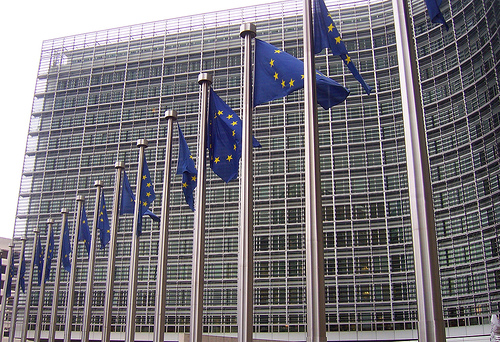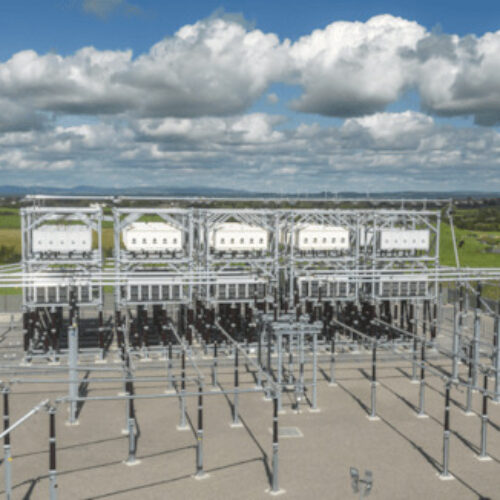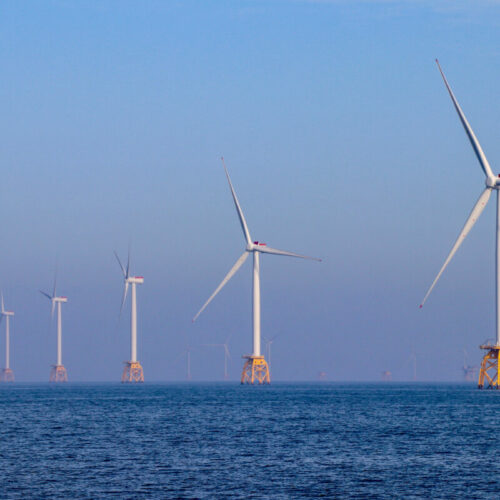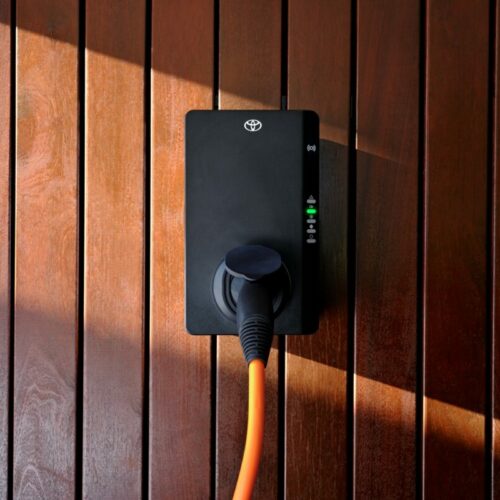European renewables companies have become the latest to question the ambition of the European Commission’s clean energy package, launched last November.
The winter package established a series of targets for member states to progress towards, specifically a 40% reduction in carbon emissions by 2030 driven by 27% renewable energy and 30% energy efficiency targets.
However the ambition of those targets have been questioned since their release, and last week companies involved in Europe’s renewable space added their two Euro cents to the debate.
A large number of energy companies gathered in Brussels last week for SolarPower Europe’s Solar Power Summit, and the winter package was a topic of keen interest amongst delegates and speakers alike.
Speaking at the event Arnaud Chaperon, senior VP of European affairs at energy giant Total, said that the clean energy industry needed transparent legislation to generate sufficient demand.
“We need to start mobilising member states to stimulate demand… If you have a Paris [COP 21] vision, it must be consistent with the clean energy package. The current package is not consistent with it,” he said.
That perceived lack of ambition – that a 40% reduction in emissions does not match the more ambitious target agreed at COP 21 of limiting the effects of climate change to a 2c increase in temperatures but an aim of 1.5c – has been a popular criticism of the winter package itself.
Christian Westermeier, vice president of sales, marketing and application engineering at Wacker Chemie, agreed with Chaperon’s sentiments, adding: “EU targets are not ambitious enough… [the EC] needs to act in a responsible way to ensure nobody is left behind.”
However other delegates at the conference discussed the difficulty of one governing body such as the European Commission setting ambitious targets for the entire union to meet while simultaneously representing 28 separate member states.
Matthias Taft, CEO of European renewables heavyweight BayWa r.e., suggested the problem was behind each member state “having their own agenda”, with DNV GL energy chief Ditlev Engel adding that while it would be ideal for the EU to set an ambitious target for each nation to work towards, the “political reality” was that it wouldn’t always make sense.
The criticism of the package follows similar sentiments raised by speakers at an event organised by The Climate Group last month at Google’s Brussels office, where Kathleen van Brampt MEP voiced her “frustrations” at European policy not following the examples set by private companies.
“I strongly believe… that if you don’t have strong member states, and that’s one of the problems I have to say, in dealing with that and that’s one of the missing parts often, you don’t have very strong local communities, councils taking that forward.
“The winter package is not ambitious enough when it comes to renewables and to energy efficiency which is very much linked. You need more ambition but it’s not just good in itself you need innovation at the local level,” she said.





